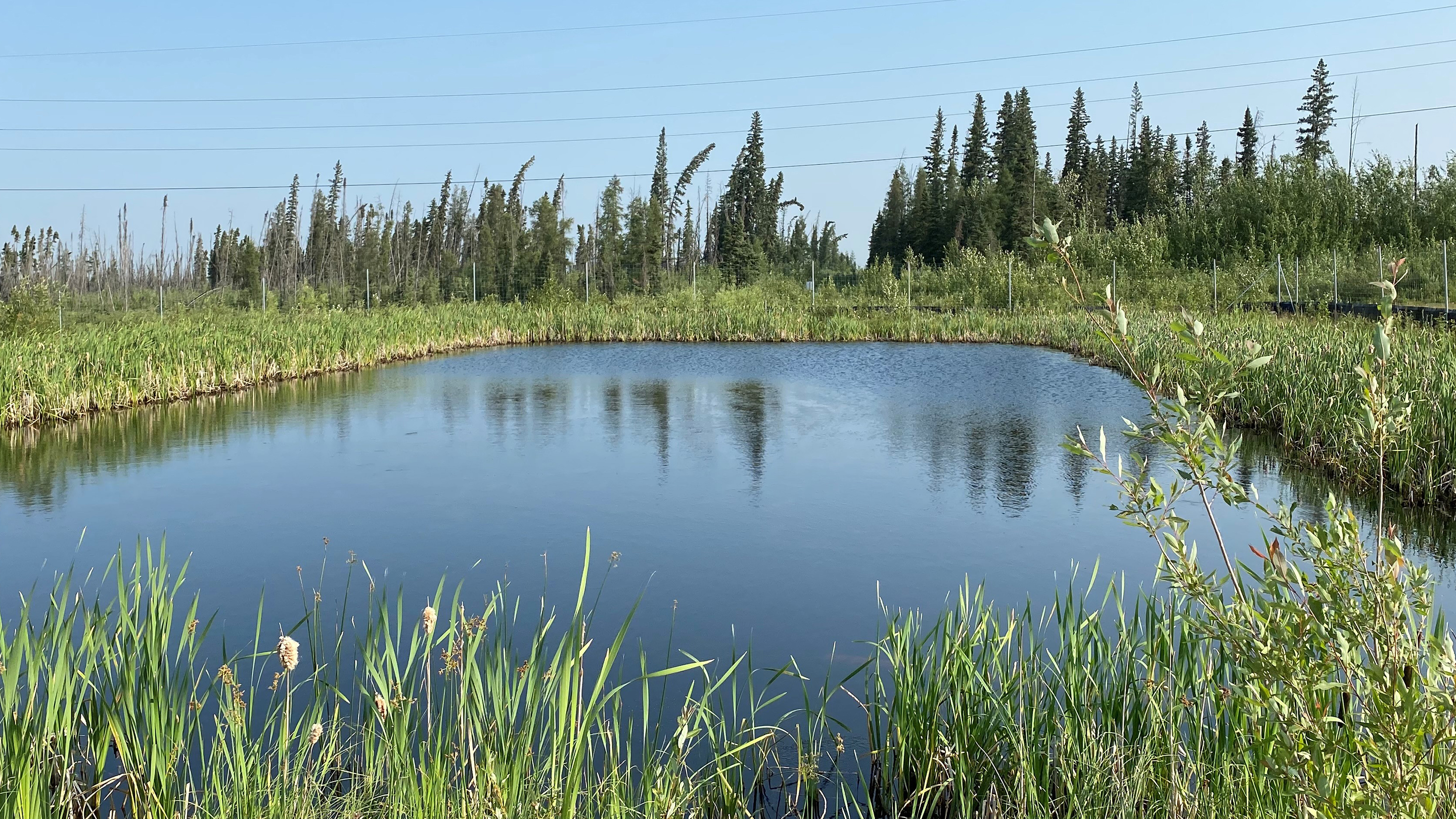Decommissioning and remediation
selected item
We manage properties from start to finish, long before the first well, refinery, gas station or renewable diesel manufacturing complex goes up and long after operations end.
Our rehabilitation approach varies depending on the location and the environmental characteristics of the site, and we conduct rigorous assessments and risk evaluations to determine the most appropriate remediation strategies. We incorporate applicable regulatory requirements and globally accepted practices and take into account views expressed by relevant stakeholders, including Indigenous communities.
Our ultimate goal is to reduce environmental liability and enhance the value of the property, while creating opportunities for beneficial reuse.
Indigenous knowledge in reclamation planning
We actively work to find ways to incorporate Indigenous knowledge into reclamation approaches through engagement with local communities on reclamation specific practices and end land use. At Kearl, the Reclamation Planning Group (RPG) has been in place for over a decade and includes community members and consultation representatives from the seven communities surrounding Kearl. The RPG helps design short and long-term reclamation plans, including for fish habitat structures for Lake Tourangeou, Kearl’s compensation lake.

Innovative remediation approaches
At our former bulk petroleum plant and fertilizer facility in Brooks, Alberta we are using phytoremediation as part of our reclamation efforts. Phytoremediation uses plants to degrade contaminants of concern within soil and groundwater. Plant roots enhance microbial activities that break down contaminants over time. At our Brooks site we have planted four species of trees to help remediate the site. Long-term we hope that our phytoremediation program results in stabilized and decreasing groundwater, soil and porewater contaminant levels
Related content
Environment
